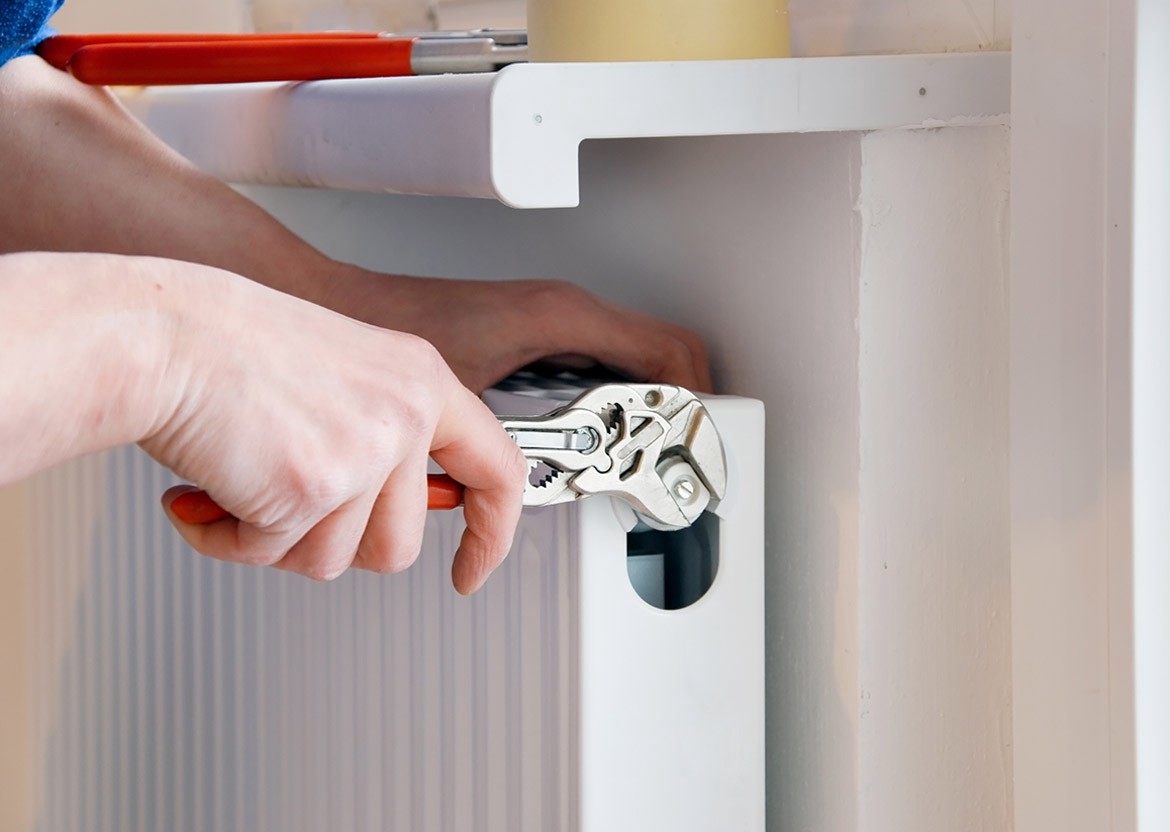The electrical system of your home is controlled by a fuse box or circuit breaker. It redirects your utility company’s electricity to all regions of your house. It also protects against overload, short circuit, and ground fault by shutting down the power when the cables grow too hot.
Circuit breakers are used in almost every home. They’re in the service panel box, which is normally in the basement. If your home was built before 1960 and your electrical system hasn’t been changed, you may instead have a fuse box. While both systems fundamentally accomplish the same purpose, most households update to circuit breakers for a variety of reasons.
/why-do-fuses-blow-1152722_01-814f6743a2cb448abc0be4510f5857a4.jpg)
Fuse Vs. Circuit Breaker: What’s The Difference?
It’s simple to figure out whether your home has fuses or circuit breakers. Locate and access your service panel, which is the metal box that houses your electrical connections.
When you open the door, you’ll notice rows of circular or rectangular plugs or switches. Fuse can be found in the form of plugs, which resemble the end of a lightbulb. Circuit breakers can be identified by a column of switches.
What Are Fuses And Circuit Breakers And How Do They Work?
Both circuit breakers and fuses have the same purpose: to keep your electrical system from overheating and catching fire. The difference is in how they go about doing it.
Fuses are a type of explosive. Those little plugs have a filament inside that will melt if the circuit becomes too hot. When the filament melts, electricity can no longer go to that circuit until the “blown” fuse is replaced. The filament can be seen through the clear glass at the top of the plug, allowing you to determine if it has melted or not. A blown fuse is indicated by a foggy window.
Circuit breakers are electromagnetic on/off switches that regulate the current flowing through each of your home’s circuits. The switch gets the surge first and turns off or “trips” when a circuit consumes too much power and overloads. Normally, you may simply unplug whatever has overloaded your circuit and re-energize the tripped circuit breaker.
The Advantages And Disadvantages Of Fuse Boxes Vs. Circuit Breakers
An ancient fuse box should be replaced with circuit breakers, according to most experts. Circuit breakers are more convenient and can manage higher electrical loads more safely than fuses, which worked effectively for a while. Most families nowadays have many devices that require more power. It’s a fantastic time to upgrade your home’s electrical capabilities if you’re thinking of replacing your fuse box.
If a fuse in your electric fuse box blows, you’ll have to replace it with a new one. This could necessitate a trip to the hardware shop. It also entails unplugging everything in the circuit, stepping on a rubber pad, and ensuring that the blown fuse is replaced with the correct type. Various fuses have different amperage ratings. If a 20-amp fuse is inserted into a 15-amp circuit, it may attempt to pull more power than it can manage, resulting in a fire.
Why Does My Circuit Breaker Keep Tripping?
Hopefully, we’ve persuaded you that switching from a fuse box to a circuit breaker house is a good idea. The advantages clearly exceed the drawbacks, yet circuit breakers are not without their own idiosyncrasies. A circuit may trip repeatedly. Here are some possible explanations:
A shabby breaker. When a circuit in your home trips, you usually find the offending switch in your service panel and toggle it all the way “off” and then “on.” You may need to repair a circuit if it keeps tripping on a regular basis. Circuits that are frequently used wear out. Remember that circuit breakers are there to keep you safe. If it keeps tripping, it could be a sign of something more.

A circuit that is overloaded There may be too many outlets or fixtures hooked into the circuit connected to that breaker, causing the breaker to trip. A competent electrician can assess the issue and, if necessary, remodel or add circuits to ensure that you have enough power without being overloaded.
A short circuit or a ground fault is a short circuit or a problem in the electrical system Short circuits or ground faults are two more reasons a circuit keeps tripping. Moisture or loose wires cause a potentially dangerous electrical connection in these situations. Your neutral wire may have been nibbled by a mouse within the wall, causing it to come into touch with your hot wire. Alternatively, an appliance may have gotten wet, causing moisture to link the hotwire and the ground.
Final Thoughts
Alternatively, an appliance could have gotten wet, causing moisture to link the hotwire and the ground. Unplug everything in the circuit, turn it back on, then reintroduce objects one at a time to check for these. If you plug something in and the circuit trips again, you’ve probably found the source of the problem.
While you can detect these electrical issues and even repair your circuit breaker on your own, electrical work is hazardous. Having the work done by a trusted professional guarantees that it is done safely and correctly.
Your piping is in need of repair. What we do well is that we know how to do When you really cannot wait, give us a call.

